In an exclusive interview with Cannareporter, Maria do Céu Antunes, Minister of Agriculture of the Government of Portugal, makes it very clear that hemp flowers are prohibited in the industrial sector, being subject to a license by Infarmed. The Minister's Office also guarantees that industrial hemp farmers were heard before the new ordinance was drafted and that they always had a response, despite the complaints that the Cannareporter had access to, through emails or the complaints book of DGAV - Directorate General of Agriculture and Veterinary.
The new decree on industrial hemp in Portugal, published on 5 January 2022, established new rules that increasingly limit production in Portugal, namely by establishing a minimum of 0,5ha of cultivation, banning greenhouses or pre-defined densities of 30Kg of seed per hectare. However, Maria do Céu Antunes considers that these measures “do not restrict access to small farmers, particularly in the context of family farming”.
On the other hand, the protocol of collaboration between the Ministry of Agriculture (DGAV and IFAP) and the police forces (PJ, GNR and PSP), which should have been released no later than 30 days after the publication of Order No. , of November 10953, 2020, will now be, more than a year later, “in circulation, in a final version”, but it is not yet known.
1 – Cannareporter is aware that since 2018, hemp farmers and producers have asked you for meetings to be heard, but they complain that this never happened. This is true? Why was there no interest in listening to farmers before drafting a new Ordinance, since they are the ones who have the experience on the ground?
We have guided our way of making public policies by promoting close contact with farmers and producers, going to the field and keeping the doors open to receive them. All the farmers who contacted our services had their questions answered and the requested meetings were held and, in the event that this was not possible, the reasons for their postponement were always explained. As for the changes introduced to the Ordinance, they resulted from the experience gained during the first year of implementation of the rules, whether in the field of cultivation for therapeutic and medicinal purposes, or for industrial purposes. Even some of the changes resulted from questions that came to us from farmers and aimed at a better clarification of the legal framework.
2 – What is the reason or legal basis that underlies subparagraph a) of point 1 of Article 3-A, which says that hemp can only be grown “outdoors, by sowing, not being allowed to transplant plants, and no stage of plant development can occur in greenhouses, shelters or similar structures”?
The obligation to use seeds, not plants, was already something that was established in the previous standard for cultivation for industrial purposes, and the new wording only clarifies this situation, because the possibility of transplanting plants makes their traceability difficult. to the seed lots that gave rise to it. Regarding the issue of outdoor cultivation, it should be clarified that, as in other member states, namely in Spain, cultivation for industrial purposes must be carried out outdoors, since, in this way, the possibility of interference is minimized. artificial in the development of plants, which may eventually change their chemical composition, in addition to being in accordance with good agronomic practices for growing cannabis for industrial purposes (for fiber or seed production for human or animal consumption).
3 – What is the reason or legal basis that underlies subparagraph b) of point 1 of Article 3-A, which says that the minimum area must be 0,5ha, since the minimum area for registering a parcel in the IFAP is it 100m²?
The scope of application of the standard is cultivation for industrial purposes (for the production of fiber or seed for human or animal food) and the experience gained with the first year of application has shown that, for the most part, the areas presented were very small. , which, in addition to not being consistent with an industrial production activity, makes it impossible to obtain any production in the event that plants are harvested for analytical control, within the scope of inspection and control. Remember that this type of production requires a high sampling frequency.
4 – What is the reason or legal basis for subparagraph c) of point 1 of Article 3-A, which says that the sowing density cannot be less than 30kg per hectare? Bearing in mind that most suppliers sell 20 or 25 kg bags of seed?
The minimum sowing density was determined depending on the purpose of the crop for industrial purposes (for fiber production or seed for human or animal consumption). In other words, the amount of seeds needed should be acquired depending on the area, and the experience acquired previously showed that farmers who had areas of only a few square meters, still presented seed packages of 25 kg, when they can be acquired in the market. smaller packages.
5 – Point 2 of Artº 3-A states that “Transport outside the holding is not allowed”.agricultural activity of flowering areas, whether or not containing the seed”. Why is it decided to ban the marketing of hemp flowers? Does this point mean that flowers and seeds can only be processed on the farm? And if transformed into cosmetics or oils, for example, can these products be marketed later, as long as they are not in the form of flowers?
The production of flowers is outside the scope of cultivation for industrial purposes (for the production of fiber or seed for human or animal consumption), so their production and processing presuppose a license to be granted by INFARMED. With regard to seeds, and if the purpose of production is for cosmetics or oils, for example, it is expected that the farmer will proceed with the respective harvest, and the harvested seed may be processed outside the farm.
6 – Why can't leftover seeds be used from one year to the next? Is this not an incentive to waste? If the farmer cannot cultivate them, what fate should he give them?
We do not know the basis for the question posed, since it does not correspond to reality. The amendment to the standard establishes that packages not used in that year can be considered for the following year, as long as they keep the original closure.
7 - Mrs. Minister of Agriculture recently signed a protocol for the establishment of the Competence Center for Family Agriculture and Agroecology (CeCAFA), which aims to “reinforce research, the dissemination of knowledge, the promotion of innovation and the qualification of producers in the valorization of family farming”. If we want to encourage family farming and agro-ecology, and knowing that hemp is a crop that contributes to soil regeneration and sustainability, with countless uses, as European Comission, why do you choose to ban or limit the cultivation of industrial hemp in Portugal? Shouldn't this also be a priority crop in our country, accessible to small farmers, in order to stimulate the local economy?
The regulations applied to the cultivation of industrial hemp are intended to positively differentiate this aspect of cultivation for other purposes, which has resulted, comparatively, in a simplification of the regulations, as well as in substantially reduced rates, which do not restrict access to small farmers, namely in the context of family farming.
8 – Finally, Order No. 10953/2020, of November 9, 2020, defined the powers in terms of controlling the cultivation of hemp for industrial purposes, establishing in point 7 that “The DGAV, the IFAP, the PJ , the GNR and the PSP must, within a maximum period of 30 days after the publication of this order, sign a protocol indicating the focal points of each entity and, in detail, the means of articulation between them”. Was this Protocol ever signed? Where can it be consulted?
This protocol, to be celebrated by the different entities involved, is in circulation, already in a final version.
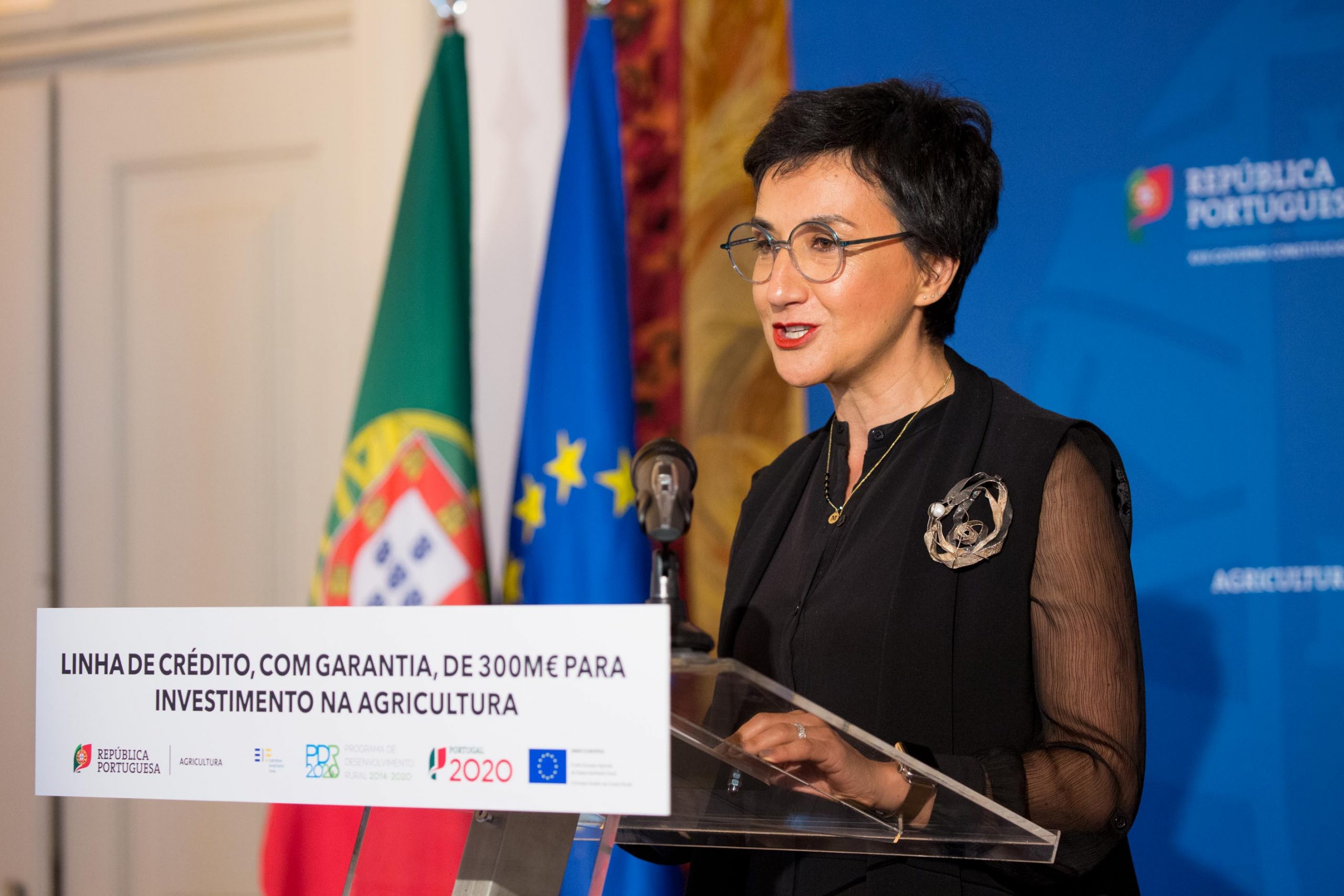







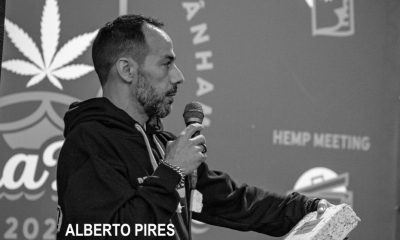

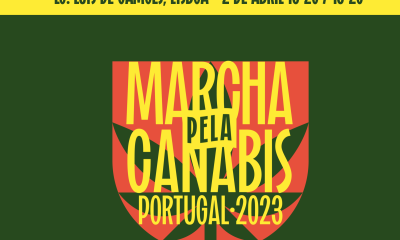



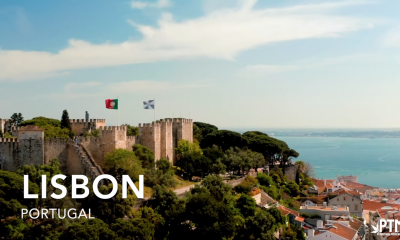

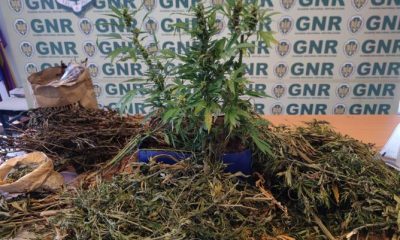


























[…] interview given to the Cannareporter portal, Maria do Céu was emphatic in saying that hemp flowers are strictly prohibited in […]
Once again, it does not respond directly (There is no source or origin of the information given, Papers? Published articles? Institutions that actually carry out studies? Surveys? Censuses?)
What is the factual basis?
What is the strategy after this interview? How can one act?
It seems that we are in a situation (metaphor) Ukraine vs Russia. Huge disparities between perspectives of the tie vs. farmer, those who do not live the reality of the industry, easily believe in this “PC” discourse.
Could it be that with surveys, validating and quantifying we will have necessary or sufficient factual evidence to refute disinformation (without basis or evidence)?
Good work and admiration for the calm.